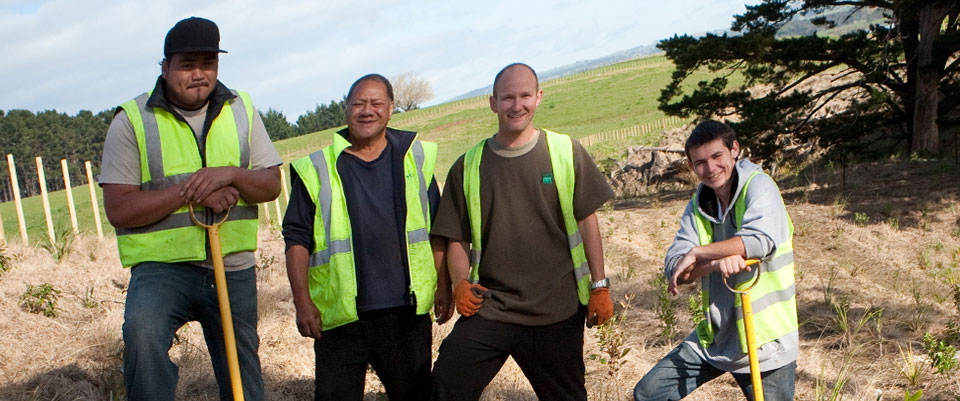Social enterprises and inequality
When I arrived in New Zealand in 2013 as an Ian Axford Fellow, I was jolted to learn that my image of Aotearoa as an egalitarian society was a myth. In 30 years, New Zealand shifted from being one of the most equal to one of the most unequal countries in the developed world. I learned this astonishing data while I was based at the Ministry of Social Development to research trends in social entrepreneurship.

Social enterprises aim to create social good while using methods from business, including selling products and services and channeling profits back into the social mission. These businesses, growing across the globe, serve community interests rather than maximise profit. Can social entrepreneurship ameliorate the inequality crisis? Here are two ways it could help:
1. Create enterprises and jobs
Many social enterprises create jobs and ownership for people on the lowest rung of the economic spectrum and reinvest profits into the mission, thus improving fairness, economic self-sufficiency and community vibrancy. For instance, Evergreen Cooperatives in Cleveland, Ohio is a social venture that focuses on economic inclusion from the ground up. Evergreen creates new businesses that are owned by their employees – workforce training prepares people for real jobs. Evergreen’s three green, sustainable businesses create wealth by providing good wages for previously poor residents and revitalise their neighborhoods.
2. Business leaders as changemakers
The growth of social entrepreneurship highlights that business versus
social good is a false dichotomy. In fact, historically Māori iwi, and
many other cultures, pursued enterprise precisely to support their
whānau. There is mounting pressure for business to treat and compensate
employees more fairly as well as create products and services that
benefit health and well-being. Richard
Branson’s B-team executives are leading the charge that these
principles are not only a moral imperative but important for healthy
economies. As social enterprises grow in visibility and numbers, profit
maximising businesses will be pressured further to address abhorrent
executive compensation, unfair wages and harmful products and actions.
Simultaneously, more entrepreneurs are launching and growing business
with a social purpose mindset and commitment. Social enterprise
won’t solve inequality but it certainly will be a step in the right
direction.  MJ
Kaplan is Adjunct Professor in Public
Policy at Brown University where she developed a new course in
social enterprise and teaches nonprofit strategy. MJ is
a partner with Social
Enterprise Rhode Island and serves on the Board of
Directors for The Miriam / Rhode Island Hospitals and Moses
Brown School.
MJ
Kaplan is Adjunct Professor in Public
Policy at Brown University where she developed a new course in
social enterprise and teaches nonprofit strategy. MJ is
a partner with Social
Enterprise Rhode Island and serves on the Board of
Directors for The Miriam / Rhode Island Hospitals and Moses
Brown School.
What now?
- Check out this local example of a social enterprise providing free solar panels to schools.
- The Ākina Foundation has lots more examples of social enterprises providing employment and working on the big issues.
- Read more about New Zealand’s economic inequality problem and what we should do about it